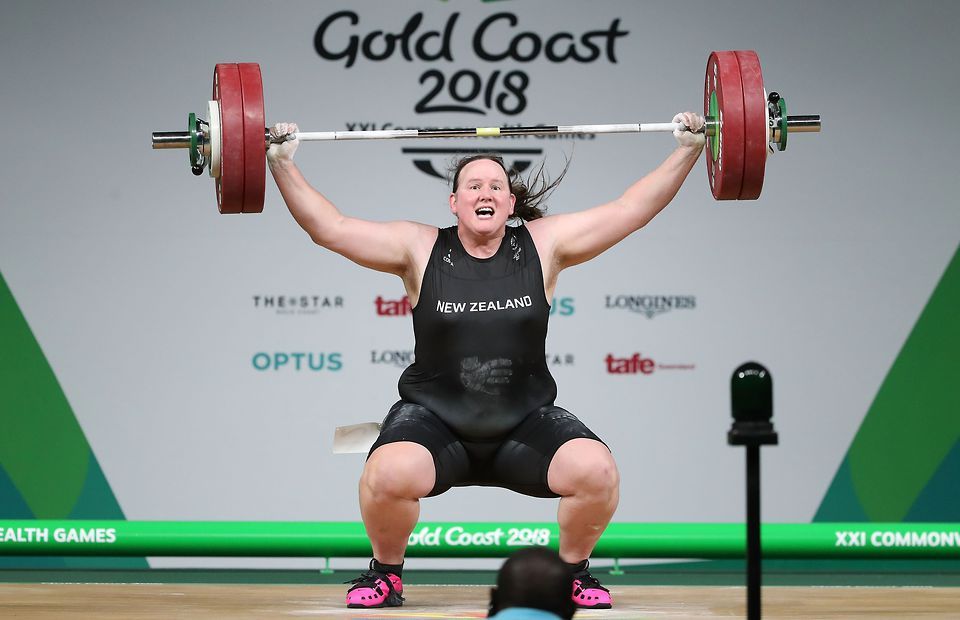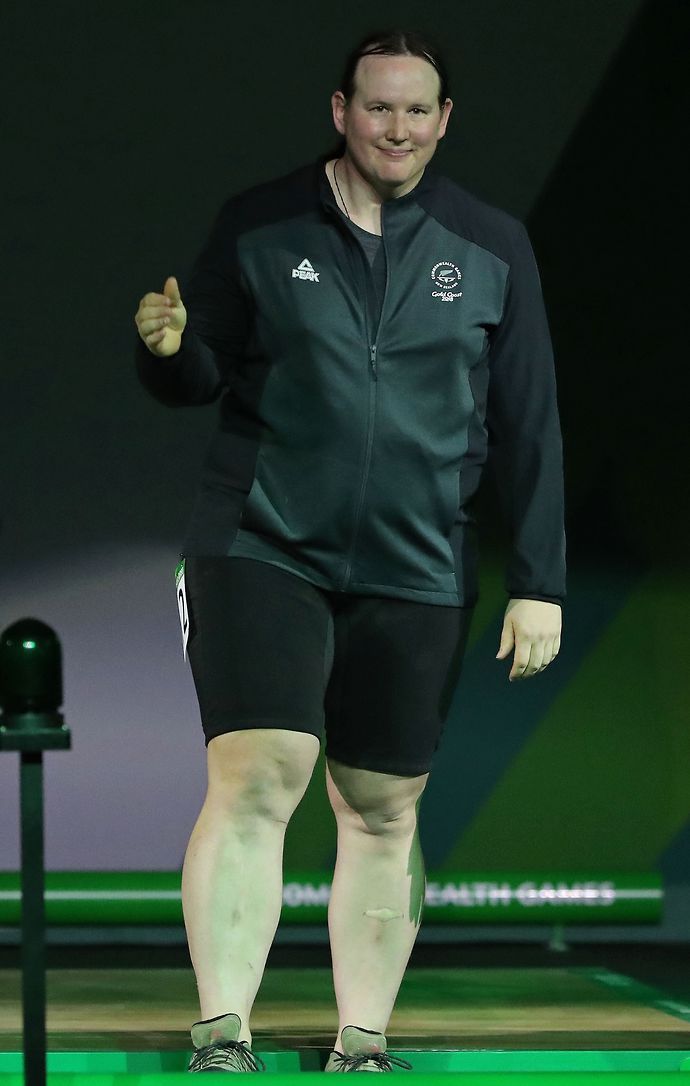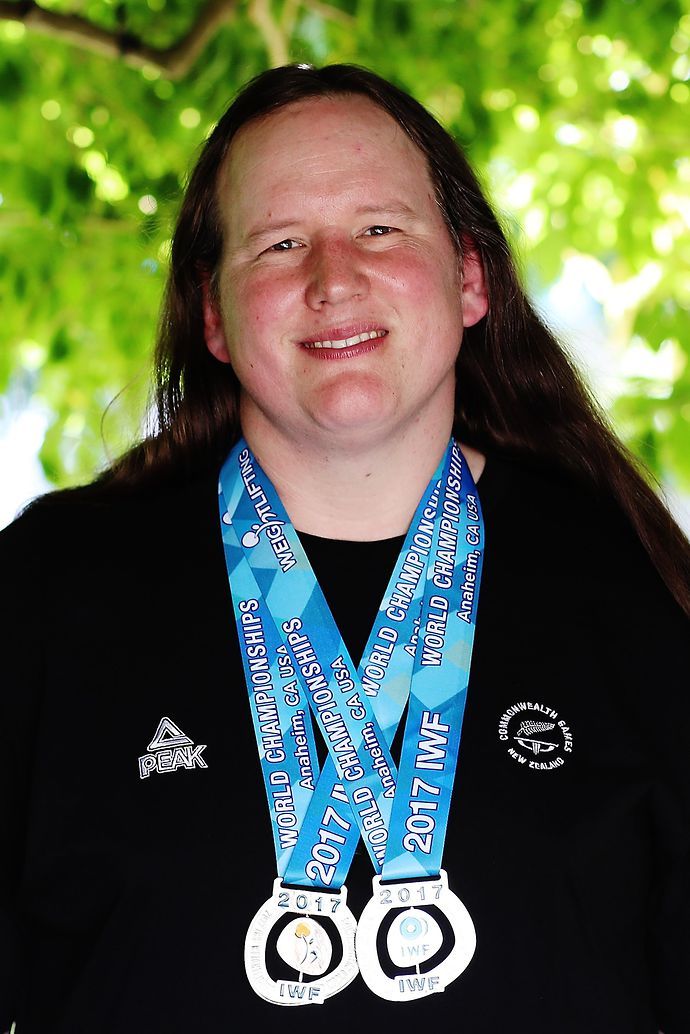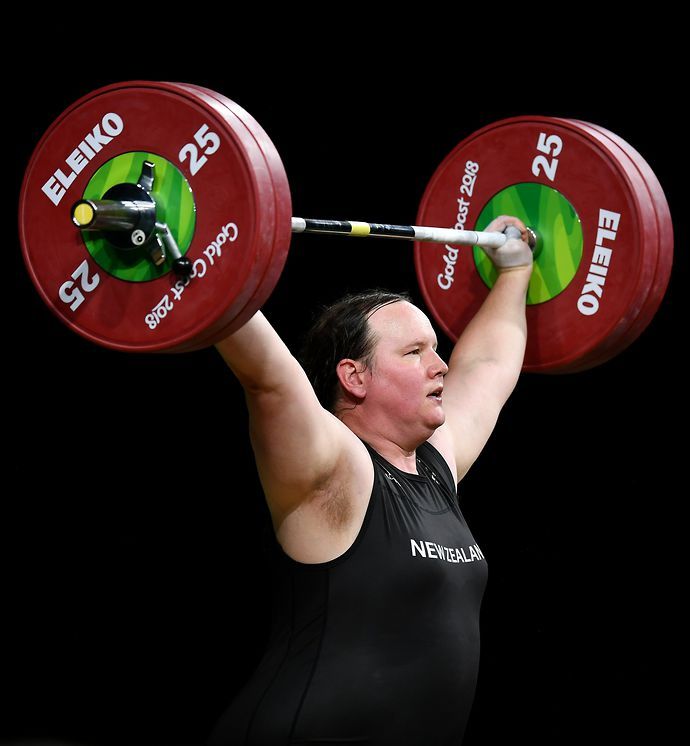New Zealand's Laurel Hubbard is set to make history at this summer's Olympics in Toyko.
The 43-year-old weightlifter will become the first-ever transgender athlete to compete at the Games after she was selected by her country to make the trip to Japan.
Hubbard, who transitioned 10 years ago, will compete in the women's super heavyweight category (87kg). She will also be the oldest weightlifter at the Olympics.
"I am grateful and humbled by the kindness and support that has been given to me by so many New Zealanders," Hubbard said in a statement issued by the New Zealand Olympic Committee (NZOC) on Monday, per skysports.com.
Prior to her transition, Hubbard had competed in men's weightlifting events, albeit at a lower standard of competition than the Olympics. Her selection by New Zealand was made possible after qualifying requirements were recently modified. The International Olympic Committee (IOC) now allows transgender athletes to compete as women, provided their testosterone levels are beneath a certain limit.
Hubbard's presence at the Games has sparked plenty of debate. Some have argued that her inclusion is unfair to female-born competitors due to the biological advantages possessed by those who have gone through puberty as males, namely bone and muscle density.
However, supporters of transgender inclusion insist that the process of transition eliminates these advantages to a great degree, while also pointing out that differences between each individual competitor mean that no athletic event can ever be a precisely level playing field.
Belgian weightlifter Anna Vanbellinghen disagrees with this line of thinking, however. Per BBC Sport, Vanbellinghen said last month that Hubbard's participation in the Games would be "like a bad joke".
She stated that, although she supports the transgender community, the policy of inclusion "should never come at the expense of others".
"Anyone that has trained weightlifting at a high level knows this to be true in their bones: this particular situation is unfair to the sport and to the athletes," she said in May. "Life-changing opportunities are missed for some athletes - medals and Olympic qualifications - and we are powerless."
Her Olympic selection isn't the first time that Hubbard has been at the centre of controversy, either. An attempt by Australia to block her from competing in the 2018 Commonwealth Games was thrown out by officials.
There was further discontent when Hubbard won a gold medal at the 2019 Pacific Games in Samoa. Hubbard's victory denied success to a member of the host nation's team - leaving many upset with the outcome.
As in those instances, though, officials have been quick to rally around Hubbard and defend her right to compete.
"We acknowledge that gender identity in sport is a highly sensitive and complex issue requiring a balance between human rights and fairness on the field of play," said NZOC chief executive Kereyn Smith.
"As the New Zealand Team, we have a strong culture of inclusion and respect for all."
Smith's sentiments were echoed by New Zealand's deputy Prime Minister Grant Robertson, who also voiced his support for Hubbard.
"Laurel is a member of New Zealand's Olympic team. We are proud of her, as we are of all our athletes, and will be supporting her all the way."
The Olympic Games are due to get underway in Tokyo on July 23.

















